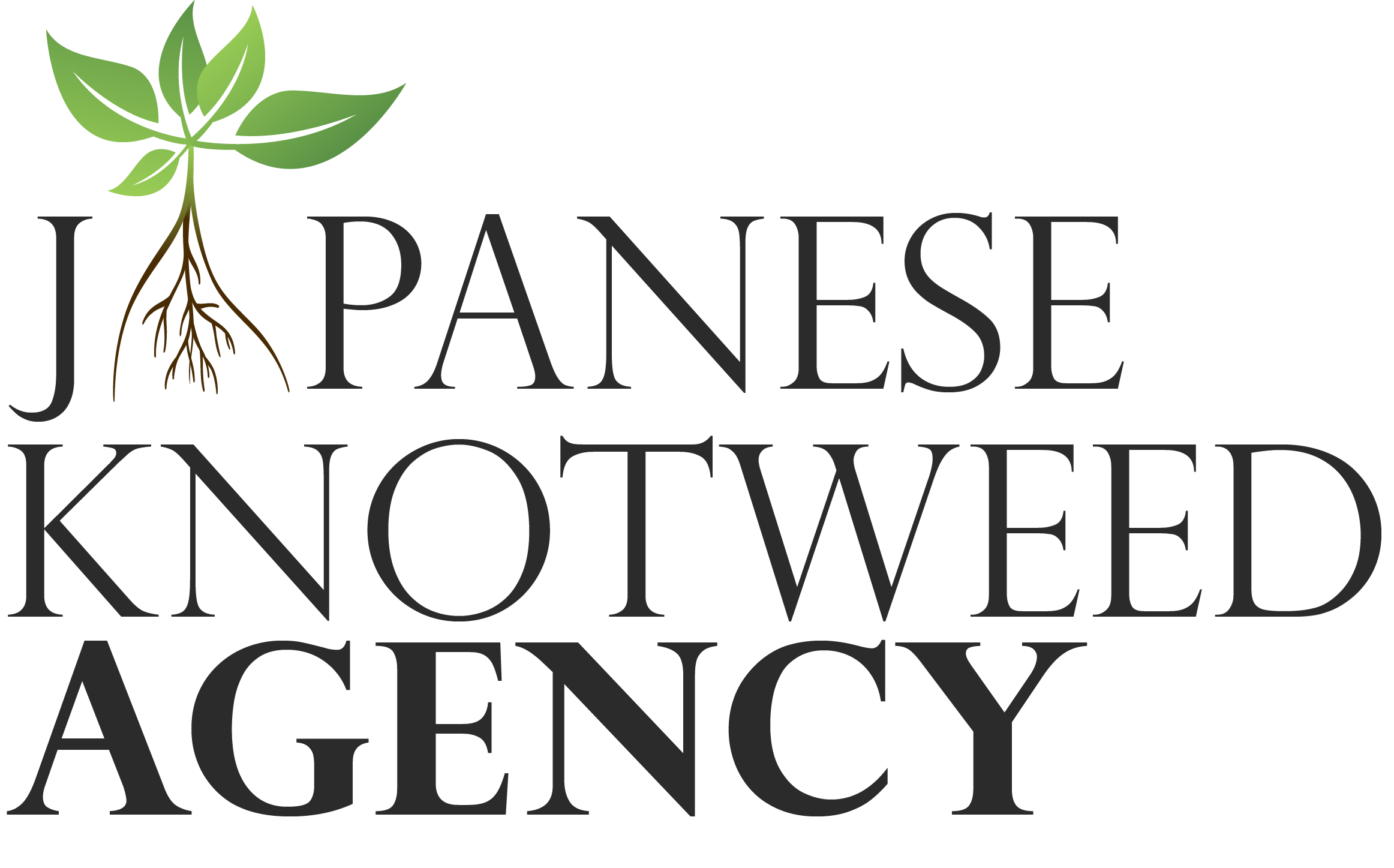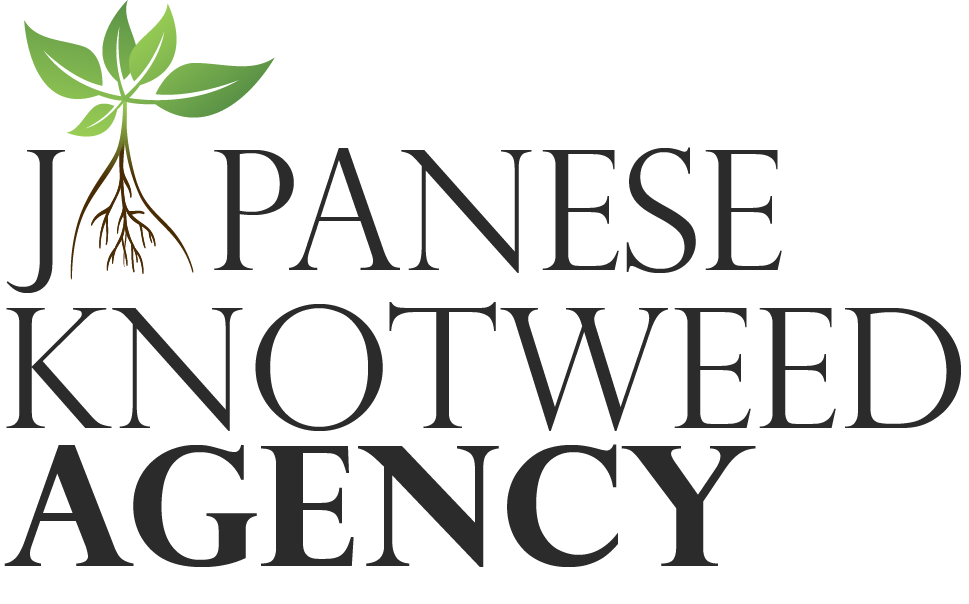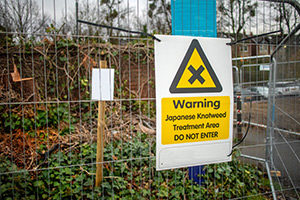Japanese knotweed has been in the UK for more than a century, having been introduced by the Victorians in the 1800s. Native to China, Taiwan and Japan it was first brought to the UK as an ornamental plant for the garden. Fast forward in time and the plant is renowned now for being an invasive weed species. The growth of this plant is rigorous and it can spread as much as 2 metres in one growing season.
Because it’s growth is so aggressive and invasive, a number of Japanese knotweed laws were introduced in order to control its growth, and restrict its transportation. Homeowners need to be aware of Japanese knotweed legal responsibility and ensure they meet their Japanese knotweed legal obligation. It can quickly take over your garden and native species, as well as potentially reduce the price of your house.
What is the Law on Japanese Knotweed?
In the UK, the Japanese knotweed legal obligation is that it’s illegal to plant it or allow it to grow in the wild. It’s not, however, an offence to let it grow in your garden or on any land that you own. Your Japanese knotweed legal obligation also prohibits you from allowing it to escape and spread into a neighbour’s garden. It pays to be aware of your legal responsibilities if you want to avoid a costly day in court or problems with your local council or neighbours.
There are a number of laws that relate to the controlling of Japanese knotweed. They include:
Japanese Knotweed Anti-Social Behaviour Law
The negligent cultivation of Japanese knotweed came under the remit of the Anti-social Behaviour Crime and Policing Act 2014. Authorities, such as the local council and the police are able to issue Community Protection Notices if you are found to be negligently cultivating this invasive plant. The notice requires you to remove the species from your property and/or prevent its return. Failure to comply could result in a substantial fine.
EPA (Environmental Protection Act) 1990
This is the main legislation that relates to Japanese knotweed. The law gives details of methods to remove, transport, and dispose of the plant, considered to be “controlled waste”. As well as covering the plant itself, the legislation also covered plant materials or soil that could potentially be contaminated. Disposing of contaminated soil or plant material in an irresponsible way could result in a large fine.
Wildlife and Countryside Act 1981
This legislation supports the EPA of 1990 and relates to the growth of Japanese knotweed in the wild. Anyone found growing it in the wild faces a £5,000 fine, or a stay of 6 months in prison. You might think this is a little heavy but it does show how serious allowing the plant to grow unchecked is considered.
How to Recognise Japanese Knotweed
It’s quite easy to confuse Japanese knotweed with other common plants, but there are some very clear signs to look out for. During the summer, the green leaves are broad and shaped like a shield. The stems are reddish and hollow, much like bamboo. In the winter, the plant dies back, leaving stems that become brown and brittle.
What Can You Do if There is Japanese Knotweed in Neighbours Garden?
Your neighbour is under no Japanese knotweed legal obligation to remove it if they have it in their garden. If it starts to spread into your property, however, it is considered a private nuisance and you are legally permitted to take them to court. The best course of action is to talk to them about the problem and suggest they seek the help of a professional Japanese knotweed specialist. They might not be aware there is a problem, and by letting them know it is spreading to your garden, it gives them the opportunity to resolve the problem before it gets too costly.
There are plans to introduce predators and knotweed disease from Japan, but currently, the best course of action, if you’ve got it in your garden and want it removed, is to enlist the help of a professional Japanese knotweed specialist.
To find out more about our services, give us a call today on freephone 03335 777 888


